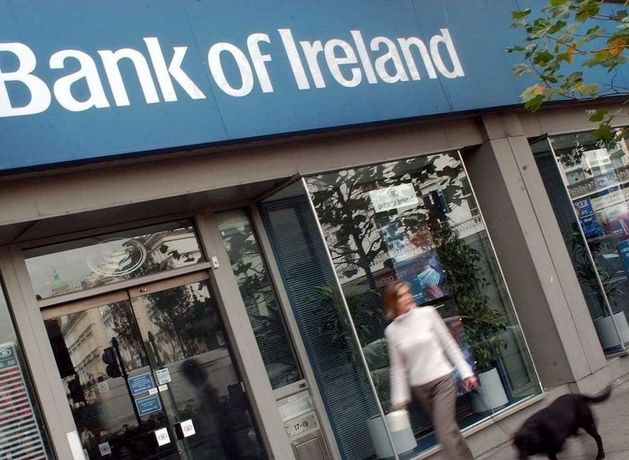Last week, Bank of Ireland – whose CEO is Myles O’Grady – announced that it had made a €1.1bn pre-tax profit in the first half of 2024. That was 5pc higher than in the first six months of 2023, with the figure boosted by high interest rates.
The bank – rescued by the State during the financial crisis with a €4.7bn bailout – also announced that it is paying its first interim dividend since before the banking crisis began. That will see it hand over €352m to shareholders.
The State sold the last of its shares in Bank of Ireland in 2022. At one stage, it owned just under 14pc of the lender. It recouped €6.7bn from the sale of its stake in the bank.
PTSB, whose CEO is Eamonn Crowley, is still majority-owned by the State, which has a 57pc holding in the lender.
Other shareholders in PTSB include Sretaw Private Equity, the investment firm controlled by Irish entrepreneur Eamon Waters.
Shares in PTSB sank in March when it lowered its guidance for 2024 and 2025 and Mr Crowley said that PTSB is unlikely to start paying dividends again until 2026.
But its shares rose last week when it delivered its first-half results. Its pre-tax profits in the first six months of the year nearly tripled to €75m.
The bank’s surge in profitability came on the back of a €20m impairment release and was despite an expected 20pc increase in operating costs.
Total customer lending stood at €21bn, broadly in line with forecasts, with a non-performing loan ratio that was reduced to 1.7pc.
PTSB recently sold €348m worth of non-performing loans to a consortium that included Mars Capital.
PTSB’s share of the mortgage market edged back up to 13.5pc in the second quarter, after it cut rates by 1pc earlier this year, and it said retention of existing customers was “trending favourably”.
The bank, which is still majority state-owned after being bailed out during the financial crash, is at a disadvantage compared with bigger rivals AIB and Bank of Ireland in the mortgage market.
Every €100 of mortgages the bank issues has a risk weighting of more than 40pc, against which it must hold expensive capital. The risk weighting on new Bank of Ireland and AIB mortgages is in the 20s.
“The market continues to be impacted by the low level of switching activity,” PTSB said of the mortgage market.
“However, we anticipate this segment will increase activity in the future as the European Central Bank reduces rates,” it added.
Bank of Ireland upgraded its earnings guidance for 2024 on the back of its first-half results.
“This performance – underpinned by growth in our loan book and wealth assets, higher income and robust capital generation – supports upgraded earnings guidance for the year,” said Mr O’Grady.

